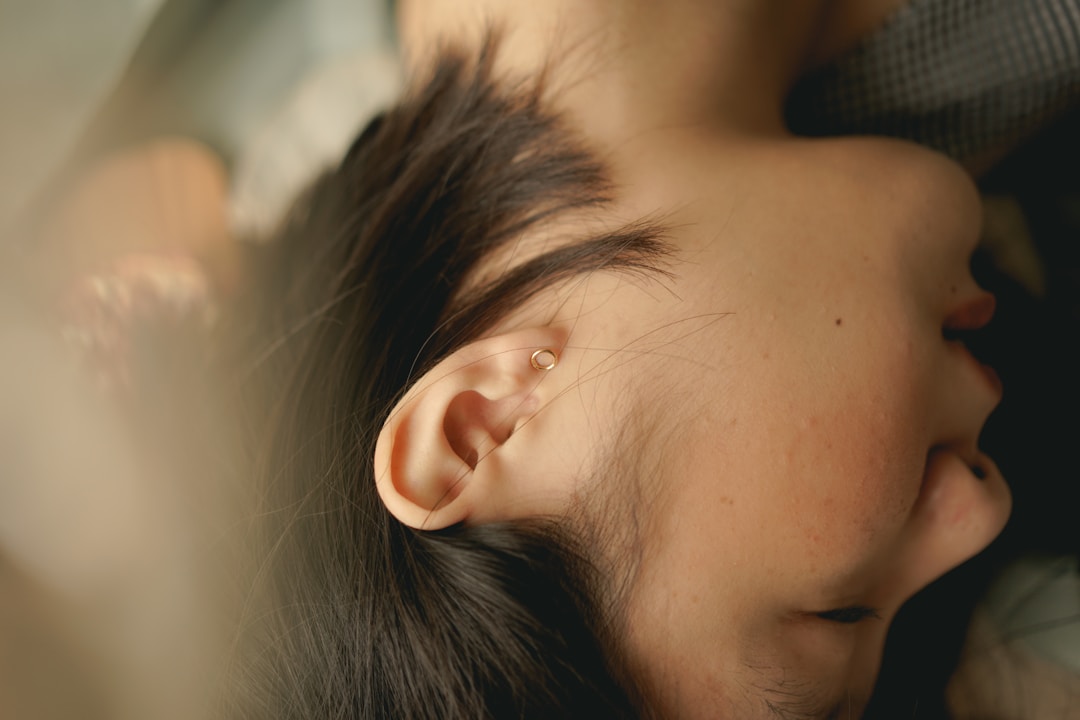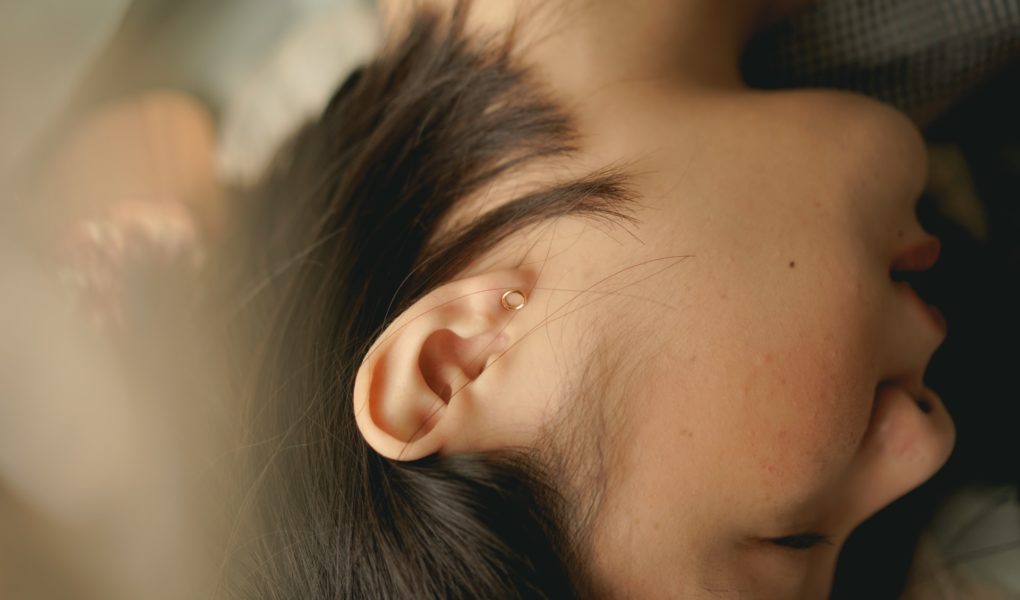The American Tinnitus Association, ATA, describes tinnitus as, “The perception of sound when no actual external noise is present.” In the United States, tinnitus is one of the most common medical conditions and is estimated to affect nearly 50 million Americans (15% of the general population). From this figure, about 20 million people suffer from chronic tinnitus.
Causes

While the exact cause of tinnitus is still unknown, some health conditions can make the symptoms of tinnitus worse. For most people, their tinnitus may be caused by: hearing loss, an ear infection, a head or neck injury, reaction to some medication, and exposure to loud noise.
Our inner ear, also known as the cochlea, has tiny, and delicate hair cells that are stimulated by sound waves. This stimulation facilitates the transfer of sound signals from the ear to the auditory nerves found in the brain. The brain later translates these signals into sounds. Knowing this, if these hair cells inside the cochlea are damaged in any way, they can accidentally release some electrical stimuli to your brain, resulting in tinnitus.
Additionally, if you don’t have your ears regularly or properly cleaned, an ear infection caused by a wax build-up, or dirt, can result in tinnitus. If you happen to suffer from severe head or neck injuries, the resulting trauma can affect your auditory nerves and any form of brain function that handles your hearing. In cases such as these, the tinnitus sound will likely be perceived in only one ear.
Symptoms

Most tinnitus sufferers describe tinnitus as a roaring, buzzing, hissing, or ringing noise in either one or both ears. This phantom sound fluctuates in pitch and is most noticeable at night or in moments of quiet. There are two types of tinnitus: subjective tinnitus and objective tinnitus.
Subjective tinnitus is the most common form of tinnitus. Here, only the tinnitus sufferer can perceive the “ringing” sound. With objective tinnitus, other people, such as your audiologist, can also perceive the sound of tinnitus by placing a stethoscope over the ear canal.
Treatment

At present, there is still no cure for tinnitus. However, a number of treatment options are available to help you manage your symptoms. Although these remedies may not stop the perception of the tinnitus sound, they are helpful in reducing its intensity, allowing you to have a better quality of life.
Given that most patients develop a tinnitus problem as a symptom of hearing loss, a hearing aid can help reduce your perception of unwanted sounds. A hearing aid is an electronic device fitted with an amplifier and speaker to increase the volume of external noises. Just as you get fitted for essential items of clothing, such as racerback bras and joggers, for instance, your hearing aids also need to be the right size for them to work effectively.
Sound masking devices, customized sound machines, cognitive behavioral therapy, and traditional medicine are some other approaches that you can use to manage your tinnitus symptoms.
Aside from this, alternative approaches, such as hypnosis, herbal supplements, homeopathic remedies, and acupuncture have also been found to effective in the management of tinnitus symptoms. Although scientific evidence to support these alternative approaches are still being explored, these treatments help alleviate stress, which can make tinnitus worse.
Relief

Phytage Labs Tinnitus 911 is a safe and all-natural solution that helps to alleviate the symptoms of tinnitus. Made from a blend of natural ingredients, such as the olive leaf, niacin, Hawthorne berry, and hibiscus, Phytage Lab’s natural supplement eases the parts of the brain that cause tinnitus. Besides helping with tinnitus symptoms, it also eases the discomfort of migraines, nausea, dizziness, and headaches that are associated with tinnitus.
Before you begin a new course of treatment, always seek medical advice from your physician to learn about dosage and potential side effects.



